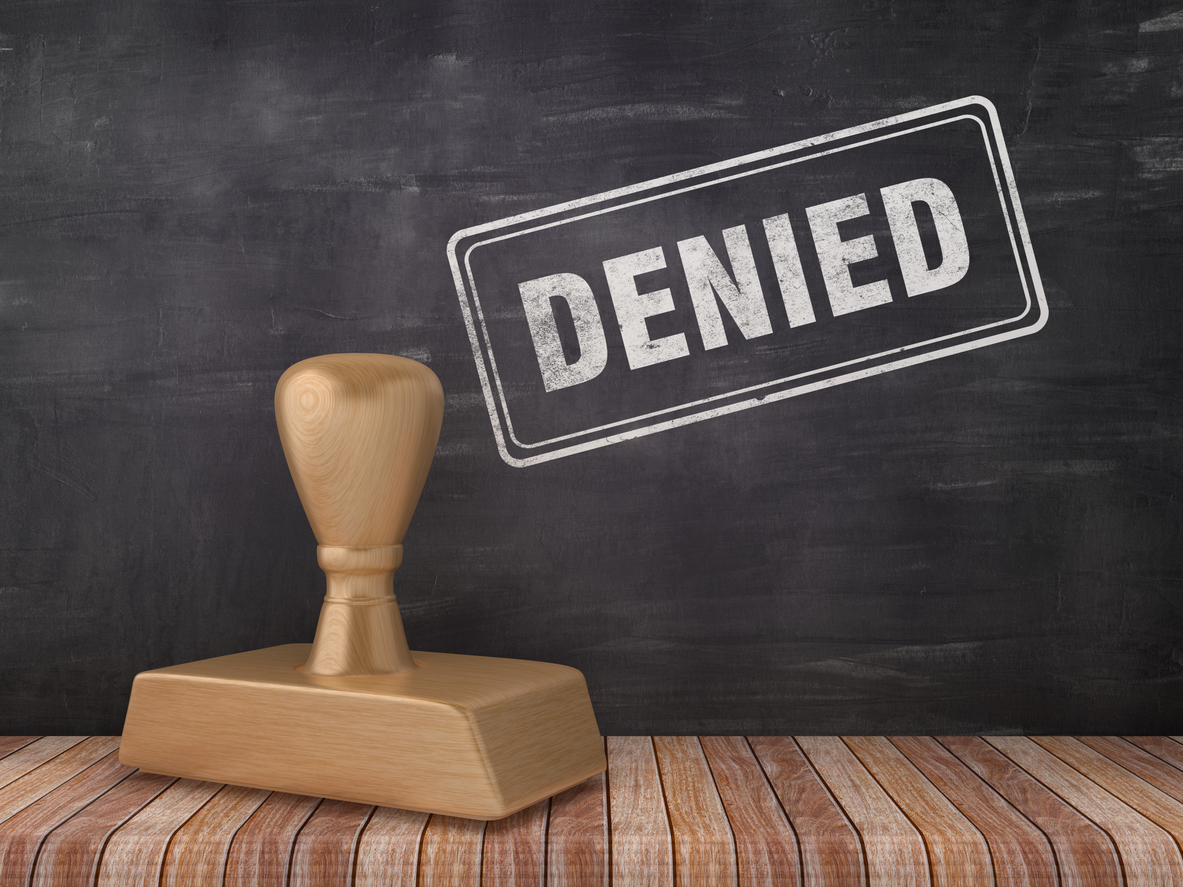Do defenses of decay, dry rot, or termites reduce the amount of value owed by an insurance carrier to its policyholder when a property has been damaged and is a total loss under Florida’s Valued Policy Law (“VPL”)?1 This question has to do with the appropriate measure of damages under Florida’s VPL. After all, the VPL is meant to address the measure of damages for claims that fall within its terms.
The Florida Supreme Court decided a case back in 1935 where a property was entirely burned by fire and considered a total loss under Florida’s VPL.2 The insurance carrier sought to reduce the amount of damages it owed the policyholder due to decay, termites, and dry rot. The insurance carrier argued if the damage happened before the value of the property was set, the amount of insurance proceeds owed the policyholder should be reduced, even in a total loss under Florida’s VPL.
The Florida Supreme Court rejected the insurance carrier’s argument and acknowledged that the Florida VPL is meant to address the measure of damages in total loss situations. It would not permit the measure of damages to be reduced when it was undisputed that the property was a total loss, and the condition of decay, dry rot, or termites (1) did not contribute to or cause the loss, and (2) may have been present at the property when the policy was issued. The insurance carrier did not raise a defense of fraud in the procurement of the policy, nor was there any indication that the policyholder concealed any material facts from the insurer on the issue.
The Court did recognize that Florida’s VPL does not preclude defenses based on fraud or fraud in the procurement of the policy by the policyholder. This makes sense because the VPL is not meant to encourage wrongful conduct.
It should be noted that the Florida Supreme Court has held that if an excluded peril caused a large part of the total loss the insurer may not be mandated to pay the value of the policy.3
1 Fla. Stat. 627.702.
2 American Ins. Co. of Newark, N.J. v. Robinson, 163 So. 17 (1935).
3 Florida Farm Bureau Cas. Ins. Co. v. Cox, 967 So. 2d 815 (Fla. 2007).



